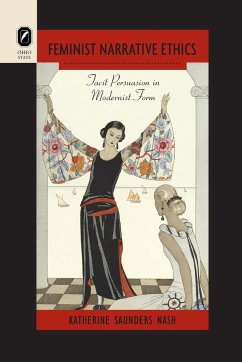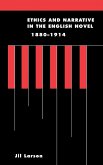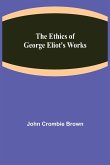Feminist Narrative Ethics: Tacit Persuasion in Modernist Form establishes a new theory of narrative ethics by analyzing rhetorical techniques prompt readers of novels to reconsider their ethical convictions about women's rights. Katherine Saunders Nash proposes four new theoretical paradigms: the ethics of persuasion (Virginia Woolf), of fair play (Dorothy L. Sayers), of distance (E. M. Forster), and of attention (John Cowper Powys). While offering close readings of novels by each author, this book also provides a new, interdisciplinary basis for coordinating feminist and rhetorical theories, history, and narrative technique. Despite pronouncements by many theorists about the difficulty-even the impossibility-of doing justice in a single study to both history and form, Feminist Narrative Ethics proves that they can be mutually illuminating. Its approach is not only resolutely rhetorical, but resolutely historical as well. It strikes a felicitous balance between history and form that affords new understanding of the implied author concept. Feminist Narrative Ethics makes a persuasive case for the necessity of locating authorial agency in the implied (rather than the actual) author and cogently explains why rhetorical theory insists on the concept of an implied (rather than an inferred) author. And it proposes a new facet of agency that rhetorical theorists have heretofore neglected: the ethics of progressive revisions to a project in manuscript.
Hinweis: Dieser Artikel kann nur an eine deutsche Lieferadresse ausgeliefert werden.
Hinweis: Dieser Artikel kann nur an eine deutsche Lieferadresse ausgeliefert werden.








